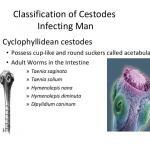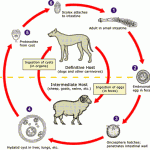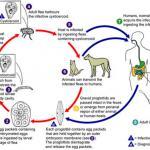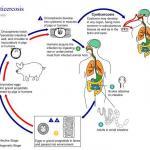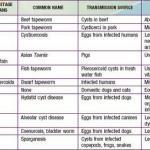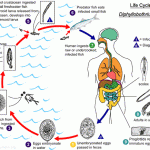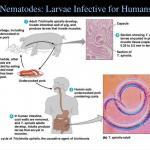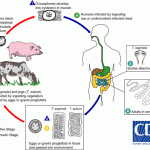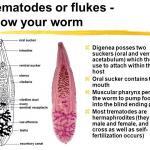
Trematodes, or flukes, are parasitic flatworms that infect humans and animals, causing diseases such as schistosomiasis, fascioliasis, and paragonimiasis. While these infections are rare in the UK, they can occur in travelers returning from endemic regions or through the consumption of contaminated food. UK healthcare providers diagnose and treat cases with antiparasitic medications like praziquantel and triclabendazole, emphasizing prevention through food safety and travel precautions.

